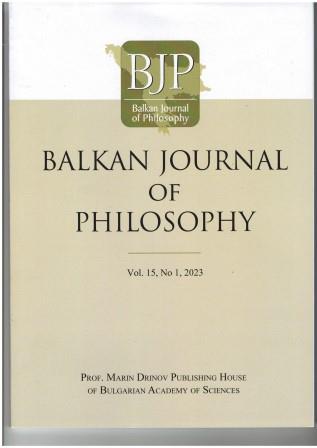Norms of Belief and Non-Propositional Primal Beliefs
Norms of Belief and Non-Propositional Primal Beliefs
Author(s): Madelaine Angelova-ElchinovaSubject(s): Philosophy, Special Branches of Philosophy, Philosophy of Mind, Philosophy of Religion
Published by: Институт по философия и социология при БАН
Keywords: belief-forming; non-propositionalism; norms of belief; epistemic normativity; functional environmentalism
Summary/Abstract: Traditional normative theories of belief in epistemology presume that belief-forming includes a reflective component and a mental agency component. Beliefs are regarded as conscious doxastic attitudes with propositional contents. Let’s call this view the Transcendental View about Belief (TVB). First, I argue that reputed norms of belief as the truth norm, the knowledge norm and the rationality norm all incorporate TVB. Further, I argue that the empirical evidence concerning belief-forming collected in the last two decades by Rüdiger Seitz, Hans-Ferdinant Angel, Raymond Paloutzian and their colleagues suggests that primal beliefs do not correspond to the description provided by TVB. Primal beliefs are byproducts of perceptive and affective type 1 processing. As such, they are non-propositional multilayer relational states of a cognitive system S that do not presuppose conscious awareness. Thus, I maintain that TVB is normatively inadequate, because it is descriptively false. I presume that a good normative account of beliefs should be able to accommodate primal beliefs and provide a norm of primal belief. I conclude by attempting to outline such a positive account.
Journal: Balkan Journal of Philosophy
- Issue Year: XVI/2024
- Issue No: 2
- Page Range: 117-130
- Page Count: 14
- Language: English

